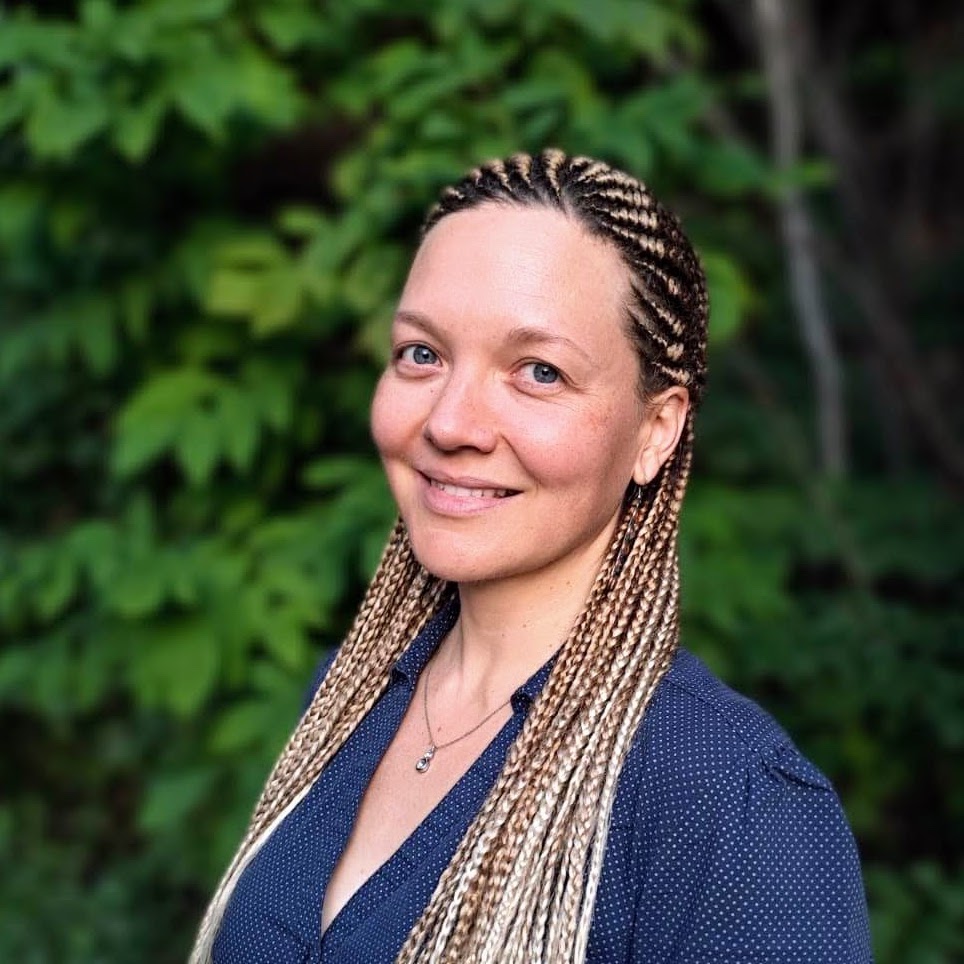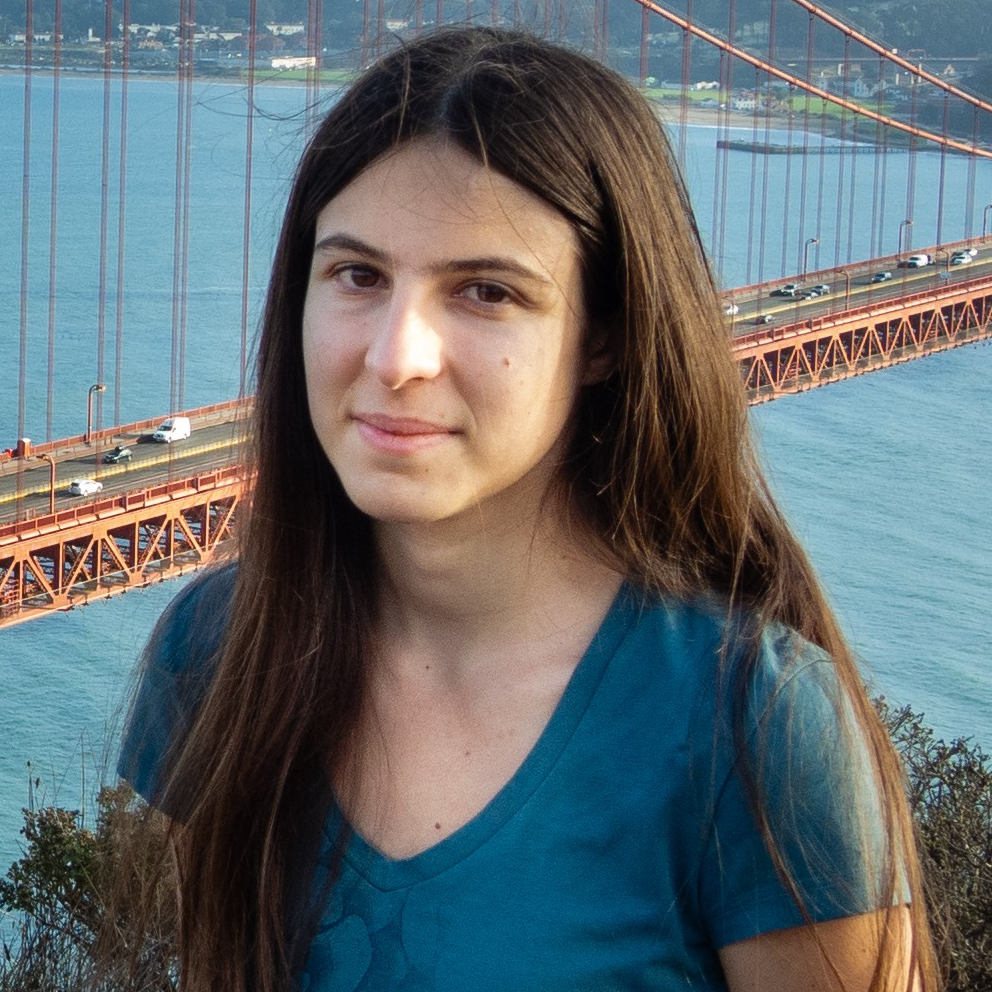
Dr Claire David is the Academic Director of the Master’s Stream AI for Science as well as a Resident Researcher in Machine Learning.
She first obtained a Master’s of Engineering at the Institut National des Sciences Appliquées (INSA) in Toulouse, France, before switching gears with a PhD in Particle Physics at the University of Victoria in Canada. After a postdoctoral fellowship at DESY in Hamburg, Germany, Claire got a position as Assistant Professor at York University in Canada and was jointly appointed as Research Scientist at the Fermi National Accelerator Laboratory (FNAL). She co-founded the Canadian effort on the Deep Underground Neutrino Experiment (DUNE), which is a future detector to be hosted by the US laboratory Fermilab near Chicago, Illinois. Her main expertise is, however, in collider physics: she has 10+ years’ experience working for the ATLAS Experiment, which is one of the detectors of the Large Hadron Collider (LHC) at CERN, on both data analysis and detector upgrade. During the academic year 2022-2023, Claire took a leave and visited eight African countries – all AIMS centres – to teach Machine Learning and give seminars about her research.
Beside experimental particle physics, Claire’s interests range from ethics in AI, sustainability to education in Africa. If not at AIMS, she can be found outside doing endurance sports.

Dr. Kinyua Gikunda is an AI and data science expert with over 8 years of experience in developing machine learning and predictive analytics across climate, finance, health, and public policy domains.
He serves as Head of the Department of Information Technology at Dedan Kimathi University of Technology and has led grant-funded projects, including the UK-Kenya AI Challenge Fund and the GRAIN initiative on responsible AI. His expertise spans data engineering, cloud infrastructure, semantic modeling, and AI for sustainable development. Kinyua has implemented scalable AI systems for gender-inclusive policymaking, and precision agriculture. He has supervised several MSc and PhD students and played a key role in curriculum design. With a strong background in ICT project management under government programs, he bridges technical innovation with policy impact and capacity building for inclusive digital transformation.

Dr. Edna Milgo is a seasoned ICT expert with over 10 years of experience in Artificial Intelligence (AI), Machine Learning (ML), and Data Science (DS) specializing in AI design, ML algorithms and Stochastic Optimisation techniques.
Her background includes teaching AI courses, leading AI research projects, capacity building, keynote speaking and AI consultancy. Recent projects include development of a population scoring model for targeted decision-making, predictive models in medical research and a bayesian ML based adaptive learning algorithm among others. Dr. Edna holds a Ph.D. in Artificial Intelligence from Vrije Universiteit Brussel - Belgium and a M.Sc in Information Security from Columbus State University - USA. She has published extensively in refereed journals and presented at international conferences.

Dr Charles Ndung’u Ndegwa is a postdoctoral researcher at Laboratoire Interdisciplinaire des Sciences du Numérique (LISN), CNRS, Université Paris-Saclay in France.
His research applies machine learning and data-driven approaches to complex data analysis problems in physics and high-energy experiments. He holds a Ph.D. in Physics from the University of Nairobi, where he taught machine learning and computational physics and supervised student research projects. His work combines expertise in physics, machine learning, and data science to address challenges in scientific data analysis and interdisciplinary research. At LISN, he collaborates with physicists and data scientists to advance data integration and modeling techniques for large-scale experiments. He has experience applying unsupervised learning methods, anomaly detection algorithms, and other data analysis workflows to multidisciplinary scientific datasets. His background bridges computational physics and AI-driven data analysis, with an emphasis on collaborative research across scientific domains.

Dr Isabelle Rocamora is a postdoctoral researcher at the ISTerre laboratory (Institut des Sciences de la Terre) at Université Grenoble-Alpes in France. Her research focuses on employing machine learning tools to support geomorphological analyses. Initially trained as a geoscientist, she investigated the potential applications of machine learning in geomorphology during her PhD in Earth Sciences at the University of Montpellier. Her work centered on developing deep learning models to automate landform mapping using satellite imagery, as well as integrating topographic data to extract relevant information.

